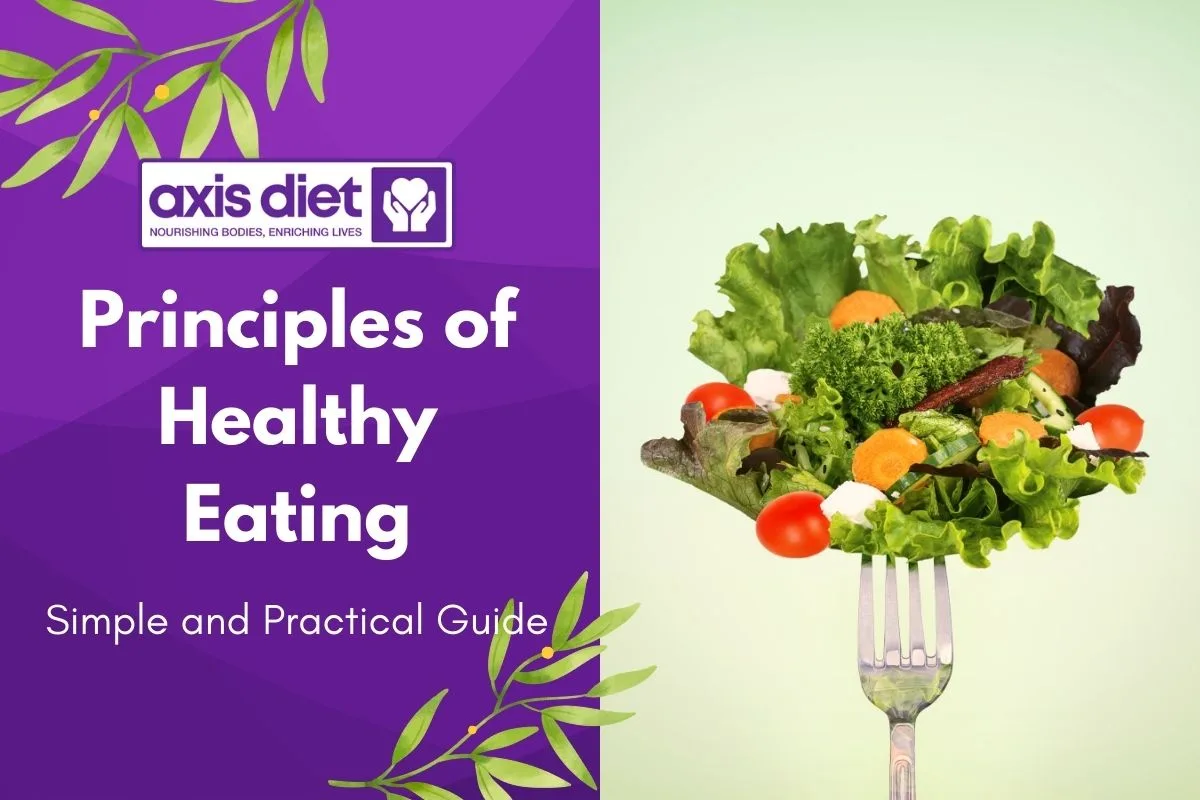High blood pressure, or hypertension, is a common condition that affects millions of people worldwide. It occurs when the force of blood against the artery walls is consistently too high, leading to health issues such as heart disease, stroke, and kidney problems. Hypertension is often called the “silent killer” because it typically has no symptoms until significant damage has occurred. Managing blood pressure effectively is crucial for long-term health, and diet plays a vital role in this process.
The Role of Diet in Managing Blood Pressure
Dietary habits significantly influence blood pressure levels. Consuming a balanced diet that is rich in nutrients can help maintain optimal blood pressure. A healthy diet can prevent hypertension and manage existing high blood pressure. Key dietary principles include reducing sodium intake, increasing potassium, magnesium, and calcium intake, and choosing heart-healthy foods. Let’s delve into some dietary guidelines and recommendations that are beneficial for high blood pressure patients.
The DASH Diet: A Proven Dietary Approach
The Dietary Approaches to Stop Hypertension (DASH) diet is specifically designed to help manage high blood pressure. Research shows that the DASH diet can lower blood pressure in just a few weeks. The diet emphasizes foods that are rich in potassium, calcium, and magnesium, and it limits foods that are high in sodium, saturated fat, and added sugars. Here is an overview of the DASH diet:
DASH Diet Food Groups and Serving Sizes
| Food Group | Recommended Servings |
|---|---|
| Grains | 6-8 servings/day |
| Vegetables | 4-5 servings/day |
| Fruits | 4-5 servings/day |
| Dairy | 2-3 servings/day |
| Lean Protein | 6 or fewer servings/week |
| Nuts, Seeds, and Legumes | 4-5 servings/week |
| Fats and Oils | in limited quantity |
| Sweets | in limited quantity |
Key Nutrients for Blood Pressure Control
Certain nutrients are particularly beneficial for managing blood pressure. Including these in your diet can make a significant difference:
- Potassium: Helps balance sodium levels in the body, which is crucial for maintaining healthy blood pressure. Potassium-rich foods include bananas, potatoes, spinach, and beans.
- Magnesium: Aids in the relaxation of blood vessels, which can help lower blood pressure. Good sources of magnesium include leafy greens, nuts, seeds, and whole grains.
- Calcium: Important for vascular contraction and dilation, which helps regulate blood pressure. Calcium can be found in dairy products, leafy greens, and fortified foods.
Foods to Avoid for Better Blood Pressure Control
To effectively manage blood pressure, it’s crucial to limit or avoid certain foods:
- Salt and Sodium: High intake of salt can increase blood pressure by causing the body to retain water, which puts extra pressure on the blood vessels. Avoid processed foods, canned soups, and salty snacks, and choose low-sodium alternatives.
- Alcohol: Excessive alcohol consumption can raise blood pressure. It is recommended to limit alcohol intake to moderate levels, which means up to one drink per day for women and up to two drinks per day for men.
- Caffeine: High levels of caffeine can cause short-term spikes in blood pressure. Monitor your caffeine intake from sources like coffee, tea, and energy drinks, and limit it if necessary.
Practical Tips for a Heart-Healthy Diet
Incorporating the DASH diet and other dietary recommendations into your daily routine can be straightforward with these practical tips:
- Plan Your Meals: Prepare a weekly menu that includes a variety of fruits, vegetables, whole grains, and lean proteins. Planning ahead can help you avoid unhealthy choices.
- Read Food Labels: Check for sodium content and choose low-sodium alternatives. Understanding food labels can help you make healthier choices.
- Cook at Home: Prepare meals at home to control ingredients and portion sizes. Cooking at home also allows you to experiment with heart-healthy recipes.
- Stay Hydrated: Drink plenty of water and limit sugary drinks. Staying hydrated is essential for overall health and can help manage blood pressure.
Conclusion
Managing high blood pressure through diet is an effective and natural approach. The DASH diet, combined with a focus on key nutrients and mindful eating habits, can help you maintain healthy blood pressure levels. By making informed food choices and adopting a balanced diet, you can take significant steps towards better heart health. Remember, it’s always important to consult with a healthcare provider before making any significant changes to your diet, especially if you have underlying health conditions.
Axis Diet is dedicated to empowering individuals with knowledge and practical advice for healthier living. Our articles, grounded in research and expert insights, aim to simplify complex nutritional concepts, offering a comprehensive understanding of various aspects of diet and wellness. While these articles are informative and a great starting point for anyone looking to improve their health, they are for informational purposes only.
For personalized, professional guidance tailored to your unique health needs, we encourage you to consult with Axis Diet’s registered dietitians. Reach out to us at Your Body, Your Diet, Your Way! – Axis Diet for expert personalized guidance on your nutritional journey.






[…] diet reduces the risk of heart disease and stroke by lowering cholesterol levels, controlling blood pressure, and reducing […]
[…] prevent constipation. The potassium in litchi is another significant benefit; it aids in regulating blood pressure and maintaining proper heart function. Furthermore, due to its low calorie content, litchi can be a […]
[…] For more insights on healthy eating tailored to heart health, you can refer to a related topic here: Diet for High Blood Pressure. […]